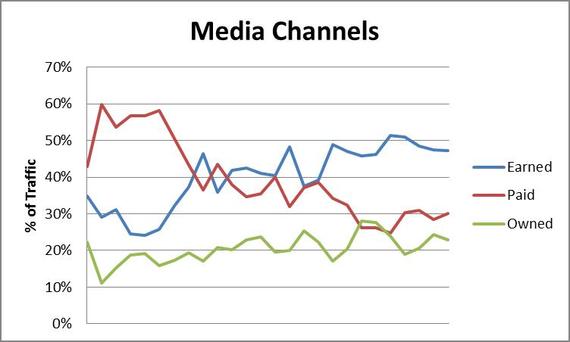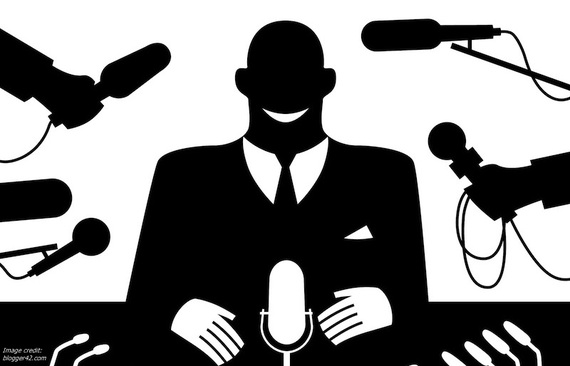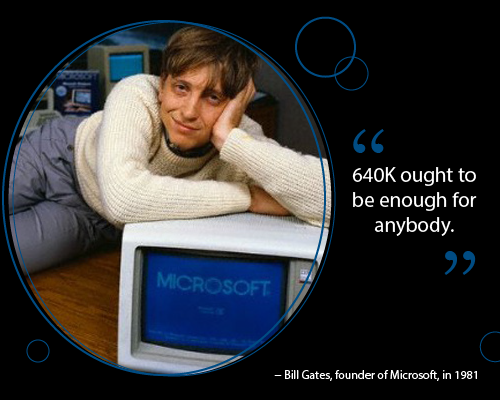Being approached by a media outlet to do an interview for a feature story can be both unnerving and rewarding. Members of the media are usually looking for an expert in the field, and being selected as a contributor to the article can be incredibly justifying. This type of "earned media" is defined as publicity generated by efforts outside of advertising, which is considered paid media, and it's considered by most marketers to be more authentic. Not only does it convert at a higher rate than paid, or owned media, it also typically represents a higher lifetime value and has a lower cost per customer acquisition.

This type of promotional value can be incredibly useful for a business as long as the person speaking for the company is well-prepared and in the right state of mind.
"Whatever your state of mind during the interview, it will show," says the American Psychological Association. "If you are enthusiastic, you will perform better. If you are uncomfortable, your distress will show; if you are preoccupied, you will come across as uninterested."
I spoke with Melissa Thompson, Business Interview Video Producer at USA Today, to better understand the essential steps an individual should take in order to prepare for a media interview.
1. Gather the Facts and Do Your Research
Preparing for a media interview can be similar to preparing for a new job opportunity - although, you're already an expert. Reach out to the reporter or media outlet before the interview to clarify the topic of the story, and have a clear understanding of why you're being interviewed. It's essential to understand what the reporter is looking for and to anticipate possible questions you may be asked.
Research your own company. Go over recent press releases, events, and service announcements in order to be well-versed on the recent happenings in your industry. Prepare yourself not only to comment on your own business, but on general trends in your industry.
Gather facts, statistics, and anecdotes which support the topic and make sure nothing is conflicting or unclear. Be knowledgeable on the type of medium you're providing an interview for:
- Are you expected to give an on-camera interview?
- Will the reporter expect to meet in person, or over video chat for the interview?
- Does the publication have a specific audience, or agenda?
- Will they include your photo, or just a printed quote?
Knowing a few key details can help you prepare properly for the interview.
2. Simplify Your Message for Clarity
Spend time creating an outline of your key message, adding two or three supporting points you want to discuss. Keep the outline simple, and memorize highlights in order to remain on-topic and cover your entire intended message. When discussing important information, state the key message first and then provide background. Firmly establish your talking points, and don't be afraid to repeat them in slightly varying ways.
Use brief, clear sentences to express your point, learning to embrace the silence between questions. Reporters often use this awkward quiet to draw out unintended remarks from the person they are interviewing. Chris St. Hilaire, owner of Jury Impact, describes this technique in his book, the 27 Powers of Persuasion: "Reporters use silence to draw information from interview subjects. They'll smile, nod, go 'Mm-hmmm" a lot, and if the other person stops talking, they'll nod again and say nothing for a few more seconds until the interviewee feels compelled to start talking again.'"
Stay on track. Many companies make the mistake of saying too much or going off on unrelated tangents which bury the more important information. Create powerful analogies, use precise statistics, and be prepared to provide the reporter with a strong, usable quote. Quotes provided by experts lend credibility to press stories, and you should assume that everything you say can be published or aired. Some interviewees get themselves into trouble by excessive joking, or off-colored comments prior to, or after the primary interview.
Nothing is "off-the-record" and you should only say as much as you've come prepared to discuss.
3. Practice and Review Footage
Practice makes perfect. Prepare for your interview by running through your talking points with a colleague. Hold a mock interview where you answer questions in rapid succession and consider recording it with a webcam. This will allow you to review the footage and examine your body language. You want to appear professional and friendly, make eye contact, and consider the inflection, articulation, and speed of your speech. Much like football teams examine and re-examine footage from last season's games, this recording can be vital to recognizing your strengths and weaknesses, allowing you to better prepare for the real deal.
Remember that the media is not an advertising firm, and that their intention is usually to inform the public with a fair, balanced story. They are not interested in promoting your company, and pushing them into mentioning your business may cause some backlash. Instead, be thankful for being recognized enough by your industry to be interviewed. Successfully handling interview questions may mean a future invitation or follow-up interview.


